Posted on February 5, 2023
The Infinite Variabilities of Taste

Taste is a funny concept. You can have good taste or bad, acquired taste or popular. The one thing we all have in common is we each have our own taste, be that for food, media, or people. But one thing we think we have but actually don’t is the ability to force our taste on others. And oh, how that infuriates us.
My wife decided two episodes into Andor that she didn’t like it. I, of course, was aghast. After inhaling the rest of the season, I established it in the upper pantheon of my favorites. So is the proper response to judge and berate her for her obviously poor taste? Of course not—she’s entitled to like and dislike whatever she wants. Brandon Sanderson and Dan Wells go in depth on this in a recent podcast/video of their excellently named series, Intentionally Blank. Differences in taste should be celebrated, not judged. Not only do those differences allow for interesting conversations, they help push art in new and interesting directions. Creators can look at the vast array of what’s available, find nothing to their liking, and do something new for others to enjoy. There’s value to that, especially as we look down the barrel of a future with mass-produced content generated by algorithms instead of people.
Next time you see that someone doesn’t like your favorite show or their Netflix queue makes you cock and eyebrow, take a deep breath (through your nose!) and relax. Live and let live, watch and let watch—there’s enough out there for all of us.
On the writing front, I’m making decent progress. I’ve made it through the top level summaries of my main plot arcs with their accompanying subplots, plus character arcs for the most important players. Even though I’m not fixing things yet, I’ve got quite a list of problems to address. Next up will be world building, seeing what physical and cultural pillars my setting has established so far.
The few weeks I’ve been at this make it abundantly clear how valuable breaking up the process is to effective editing. My last novel still suffers from structural issues because I never bothered finding out what they were, choosing instead to focus on the line edits—losing the forest for the leaves on a branch of a tree. While this will take make longer overall, I’ll end up with a far better product at the end. Or it won’t and I’ll just dump the whole manuscript into ChatGPT and have the machine give it a go, because why not?


